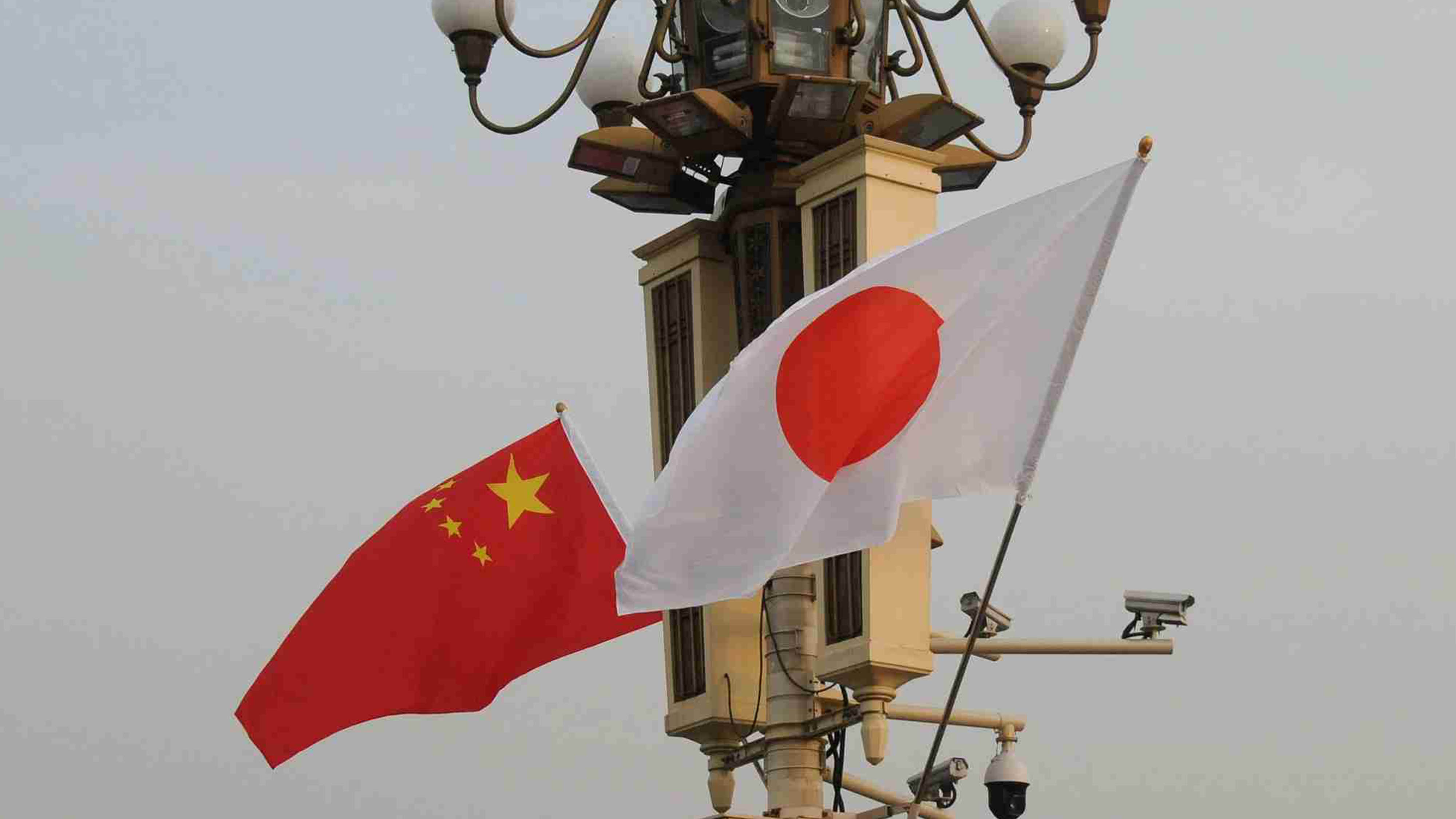
Business
15:25, 26-Oct-2018
China, Japan seize more cooperation in third-party market
Updated
14:47, 29-Oct-2018
By CGTN’s Xia Cheng
01:18

Chinese and Japanese companies are poised to sign dozens of business deals during the visit by Japanese Prime Minister Shinzo Abe to Beijing this week.
Market jitters have been putting pressure on Asia's two largest economies and the trip comes at a time when the global economy is facing great uncertainty due to the China-US trade friction.
The highlight of the trip will likely be economic cooperation deals between Chinese and Japanese companies, particularly in third markets under the Belt and Road Initiative.
Third-party market cooperation is not only conducive to their respective economic development, but also contributes to the economic stability and development of the region and the world.
During Abe's trip, Chinese and Japanese companies will sign several deals on cooperation in third-party markets, including an urban development project in a special economic zone in Thailand, a railway project between China and Europe, and solar and wind power generation projects.
In May, China's National Development Bank signed an agreement with Japan's Mitsubishi UFJ Financial Group to co-finance projects in the ASEAN region.
“China and Japan complement each other well economically. Cooperation between the two in the third-party market has become a new growth point for development of Sino-Japanese economic and trade relations under the new situation,” said Gao Feng, China's Ministry of Commerce spokesman, at a media briefing on Thursday.
China and Japan held their first meeting in late September to expand collaborations in co-investing in third markets. Since this year marks the 40th anniversary of the Sino-Japanese Treaty of Peace and Friendship, the two sides are going to promote information sharing and financing support, and foster more cooperation projects.

SITEMAP
Copyright © 2018 CGTN. Beijing ICP prepared NO.16065310-3
Copyright © 2018 CGTN. Beijing ICP prepared NO.16065310-3